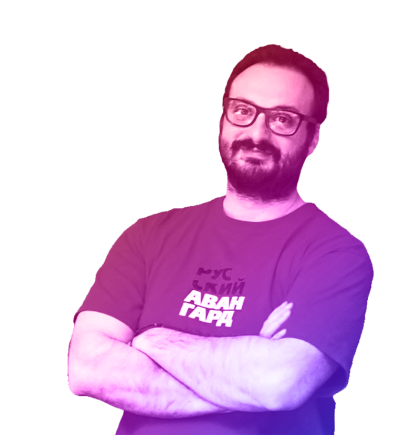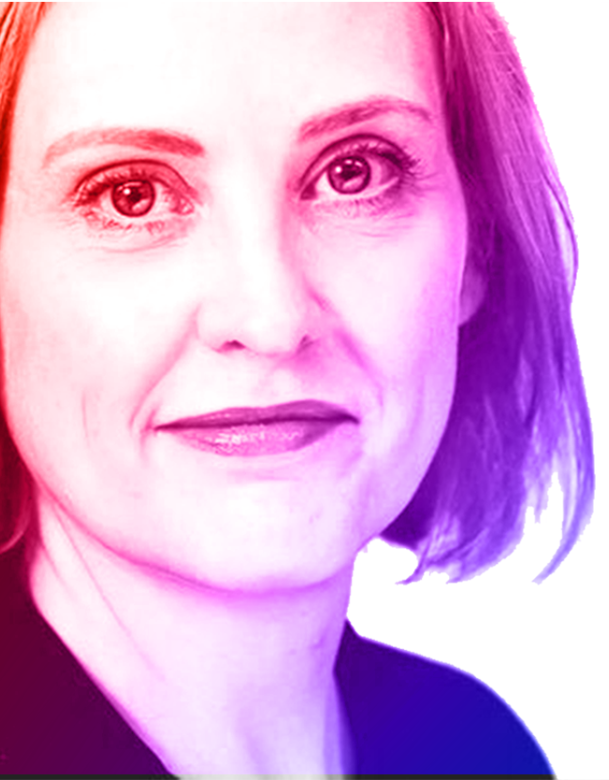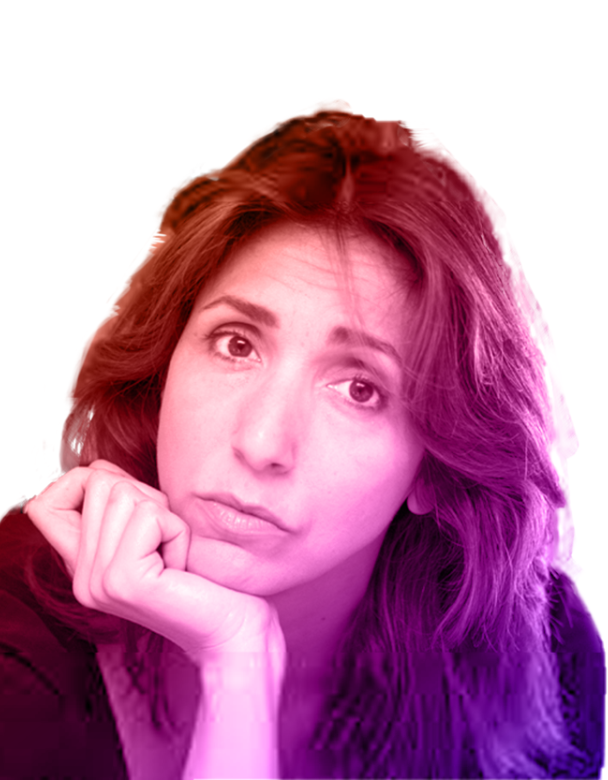The boundaries of property, the Ethics of openness
A round-table discussion
This panel will explore the extent to which different forms of openness can return value to the communities from which they derive their data, content and code.
Increasingly we are sharing not just data on data centres, but also genome sequences, plant seeds and even biomaterials. While data remains the core commons element, both the material carrier and the kinds of rights subsisting in our shared “content” changes: if twenty or thirty years ago we were wondering on the ethics of enclosure, now we are debating on the ethical boundaries of sharing.
By using concepts of peer-to-peer communities, communal spaces and concepts of co-ops we are seeking to develop models for opening up science but also providing attribution to the communities, where different forms of content are derived from. The panel will explore policy options, organizational models and licensing forms that allow the tracing and returning of value to different individuals, groups and communities.

Moderator: Prodromos Tsiavos
Prodromos is a Legal Counsel at OpenAIRE and Athena Research Centre and the Head of Digital and Innovation at the Onassis Group. He serves as the president of the supervisory board of the European Patent Academy of the European Patent Office. He read law and Information Systems in Athens and London and holds a PhD in Law and Information Systems from the London School of Economics.
Panelists

Josie Fraser
She is currently Head of Digital Policy for the National Lottery Heritage Fund, the largest dedicated funder of heritage in the UK. The Fund provides leadership across the sector and work to ensure the UK’s heritage supports positive and lasting change for people and communities. Her role is to help ensure that the National Lottery Heritage Fund makes the most impactful grants it can, leading on digital policy and sector wide digital skills development.

Gloria Origgi

Olga Tzortzatou
